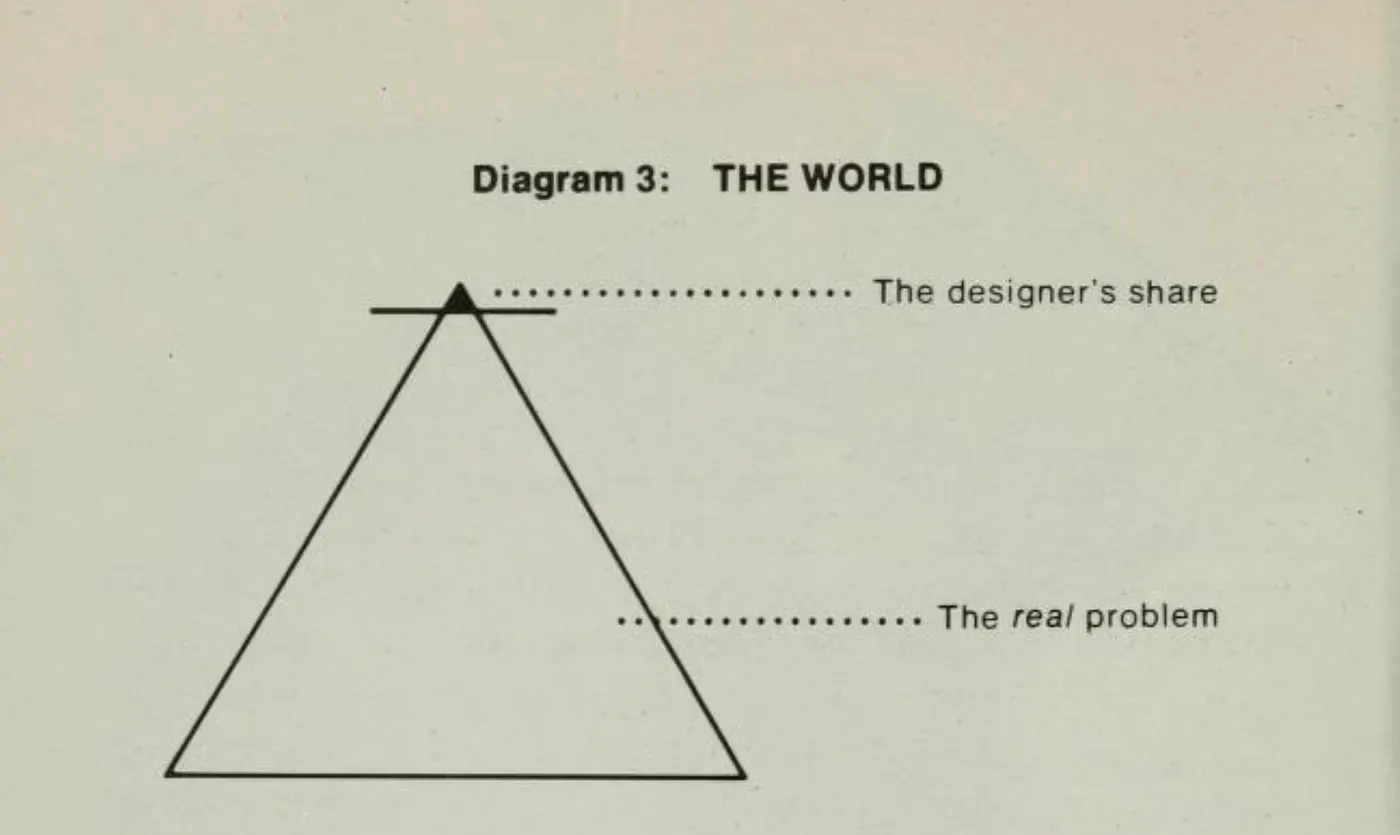The Soft Labor Questionnaire: Ron Bronson
Welcome to Soft Labor, the namesake publication of Soft Labor, a strategic consultancy for organizations, designers, and the culture industry led by Sarah Hromack-Chan. Soft Labor is a publication about creative labor—what it is, what it looks like, and how it has and will continue to change. Did someone forward you this publication? Subscribe, read our archives, or email us at info@softlabor.biz.
The Soft Labor Questionnaire, is simply that: A brief series of questions we’ve asked comrades in the field to answer about their own working experiences. Would you like to respond to the Soft Labor Questionnaire? Go right ahead and do so.
Today's respondent is Ron Bronson. Ron is a service designer and Assistant Professor of Practice in Urban Technology at the University of Michigan. He previously spent years as Head of Design at 18F. He's a collaborator with Joint Frontiers, a Helsinki-based collective exploring critical approaches to design and society. Ron's work interrogates technology's impact on civic life through interactive and community projects including Portland Design Month and the Future Perfect Book Club podcast with Joel Goodman. Offscreen, he coaches a successful high school tennis team.
Tell us about the first job you ever did for money.
Probably working for my mother's day care. But in reality, my first job was at a Waldenbooks in a dead mall. I really loved working at a bookstore because you could borrow books from there, and it was a lot of fun recommending things to people. It was also my first semblance of independence and that sort of confidence was so worthwhile for a young person who needed more inputs at very crucial stages.
Is your current work related to what you studied in school? If so, how? Or, how not?
I mean, I enlisted in the Air Force after high school before I eventually finished college so I always struggle with this. In general though, not at all. I'm one of those self-taught web people who has just shape-shifted along with the industry over the years, learning what I needed at every point along the way. All of my classes were interesting and I think having become a professor, I have to reckon with the type of student I was and create class structures that almost respond to that person.
What cultural touchpoint—music, art, literature, etc.—has informed your practice the most? How?
Without a doubt, it's music. I grew up playing instruments pretty much from third grade until early college – from clarinet to baritone horn – and I think while I don't play anymore, I take a lot of pride in how much music has shaped and formed the ways I engage and interact with the world. For all of the ills of technology, there's something empowering about kids recognizing you can just share stuff with the world, there's a bravery in that.
I suppose the difference now is, when I was younger maybe you'd share with just the people around you and that sort of sandbox could be a good way not to fail huge. On the flip side, sometimes you just need to get outside of your immediate world to be able to find your people. I think culture generally—music and literature, art to a different extent—were vehicles for my own self-discovery in that way.
What is the most rewarding aspect of working in your industry? The most challenging?
I think I'd have to pick an industry. I'd say the most rewarding part of about designing for the public is knowing that you can build things for lots of people.
Has AI impacted your work? How?
I think both directly and indirectly. For designers generally, it's devaluing the work. I identify more on the content strategy side of things, so having a tool that makes people think you don't need writers for things is concerning. On the other hand, there's a great deal of ritualized tedium that comes with "white collar" working and having tools to automate a lot of those things is almost necessary, because much like sports debates about "performance enhancement," we're living in a world where so many people are playing in a way that makes it difficult to know what you're interacting with. Critical understanding of the AI landscape—even if it's terrible—can help understand what we're up against.
What advice would you give to someone starting a career in your industry?
Again, this is a funny one for me. Designers writ large are going to have to adapt to newer ways of existing in a world that's never valued them less than right now. I think continuing to adapt your practice is key. More importantly, deciding what you stand for and being willing to grow are also key. I find a lot of young folks I interact with are trying to use the job as a proxy for how they are seen, but we've discovered for generations that careers, vocations and passions are not the same thing. Knowing the difference will save you a lifetime of heartache.
What are you obsessed with that has little-to-nothing to do with "work"?
Years ago, I started an instagram account (@portlandneon) that's just me taking photos of old neon signs & "ghost" signs (faded signs on buildings) around the world. It started locally, but quickly became a side quest when I traveled. I do less of it these days ,but my favorite thing about this subculture is how delightful it was to see this community of people committed to preserving these cultural artifacts often without much support.
